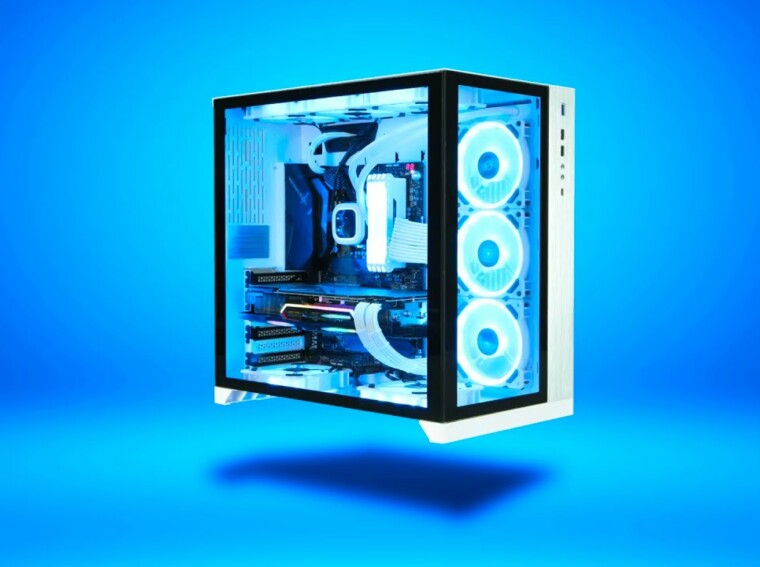A gaming PC is a personal computer designed for playing video games that require a high degree of computing power. Gaming PCs are often more expensive than traditional computers, and they come with certain features that make them well-suited for gaming, such as powerful processors, graphics cards, and large amounts of memory.
There are many benefits to building your own gaming PC. For one, you’ll have complete control over the components that go into your machine. This means you can choose exactly what type of performance you want from your PC, and you can upgrade individual parts as needed to keep your system running at its best.
How Much to Build a Gaming PC
The cost of building a gaming PC will vary depending on the components you choose. A high-end gaming PC can cost upwards of $2,000, while a budget-friendly option may be as little as $500. It’s important to remember that you don’t need to spend a lot of money to get a great gaming PC.
Components You Need to Build A Great Gaming PC
- Processor (CPU)
The processor (or CPU) is the heart of any computer, and it’s especially important for gaming PCs. A powerful processor can mean the difference between a smooth gaming experience and one that is full of lag and slowdown. When choosing a processor for your gaming PC, look for a model with at least four cores. Intel’s Core i5 and i7 processors are a good choice for gamers, as are AMD’s Ryzen 5 and 7 CPUs.
- GPU (Graphics Card)
The graphics processing unit (GPU) is responsible for rendering the images on your screen, and it plays a vital role in gaming performance. A powerful GPU can mean the difference between a smooth gaming experience and one that is full of lag and slowdown. When choosing a GPU for your gaming PC, look for a model with at least 4GB of memory. Nvidia’s GeForce GTX 1060 and 1070 cards are a good choice for gamers, as are AMD’s Radeon RX 580 and RX 590 cards.
Memory (RAM)
Random access memory (RAM) is a type of computer memory that helps your system run more smoothly by storing frequently used data. More RAM can help your system handle more demanding tasks, such as gaming. When choosing RAM for your gaming PC, look for a model with at least 8GB of capacity.
Storage (Hard Drive)
The storage drive is where you’ll store all your games, music, movies, and other data. It’s important to choose a model with enough capacity to meet your needs. For most gamers, a 1TB hard drive will be more than sufficient. If you plan on storing a lot of high-resolution video or large game files, however, you may need a larger drive.
Power Supply Unit (PSU)
The power supply unit (PSU) is responsible for providing power to all the components in your PC. When choosing a PSU for your gaming PC, look for a model with at least 500W of power. Higher-end gaming PCs may require a PSU with 750W or more.
Gaming PCs for Gamers to Consider
1. The Alienware Aurora R7 is a great choice for gamers who want a powerful machine that’s easy to upgrade. It features a range of high-end components, including an Intel Core i7 processor, 16GB of RAM, and an Nvidia GeForce GTX 1070 graphics card.
2. The HP Omen Obelisk is a great choice for gamers who want a sleek, stylish machine. It features a range of high-end components, including an Intel Core i7 processor, 16GB of RAM, and an Nvidia GeForce GTX 1080 Ti graphics card.
3. The Dell XPS Tower is a great choice for gamers who want a powerful machine that’s easy to upgrade. It features a range of high-end components, including an Intel Core i7 processor, 32GB of RAM, and an Nvidia GeForce GTX 1080 graphics card.
